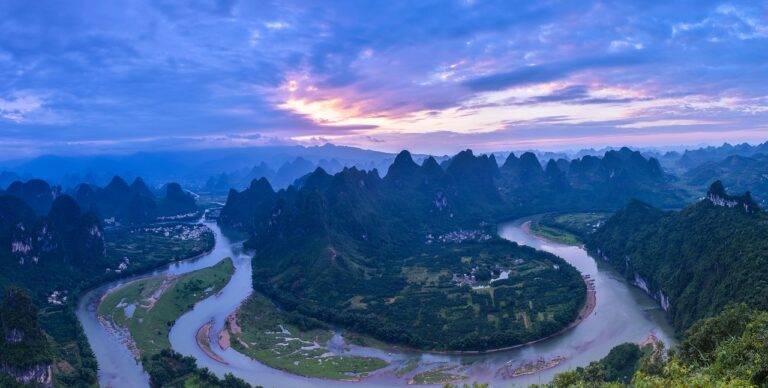Exploring National Parks and Nature Reserves
National parks and nature reserves are both vital for conserving natural ecosystems and protecting wildlife. While national parks are typically larger in size and are established by the government to preserve regions of scenic beauty, nature reserves focus more on protecting biodiversity and specific species of plants and animals. National parks often attract tourists and offer recreational activities like camping and hiking, whereas nature reserves are more about scientific research and habitat protection.
The management goals also differ between national parks and nature reserves. National parks aim to balance conservation with public enjoyment, whereas nature reserves prioritize conservation efforts and limit human activities that could disturb the ecosystem. Both play a crucial role in safeguarding natural habitats and enhancing biodiversity, but they serve different purposes in terms of conservation strategies and visitor management.
The Importance of Preserving Natural Habitats
Preserving natural habitats is crucial for maintaining biodiversity and ensuring the survival of various species. These habitats provide essential resources such as food, shelter, and breeding grounds for countless plants and animals. By protecting these areas, we can help prevent species extinction and maintain the delicate balance of ecosystems.
Additionally, natural habitats play a key role in regulating our climate and supporting essential ecological processes. Wetlands, forests, and prairies, for example, help absorb carbon dioxide, purify water, and prevent soil erosion. Preserving these habitats not only benefits wildlife but also contributes to the overall health of our planet.
What is the difference between a national park and a nature reserve?
National parks are usually larger areas of land set aside for conservation and recreation, often with specific regulations in place. Nature reserves are also protected areas but may have different management objectives, such as focusing on the preservation of specific habitats or species.
Why is it important to preserve natural habitats?
Preserving natural habitats is crucial for maintaining biodiversity, providing ecosystem services, and ensuring the survival of endangered species. These areas also play a vital role in climate regulation and can provide opportunities for recreation and education.
How can individuals help in preserving natural habitats?
Individuals can contribute to preserving natural habitats by supporting conservation efforts, practicing sustainable living habits, and participating in local restoration projects. It is also important to raise awareness about the importance of protecting these areas for future generations.





